│24-28 July
│Prague, Czech Republic
│https://www.imc.cas.cz/sympo/84pmm/
EuroScience Open Forum
│13–16 July 2022
│Leiden, Netherlands
│https://www.esof.eu/about-esof/
One Health – environment – society conference
│21-24 June 2022
│Brussels, Belgium and online
│https://www.one2022.eu/
26th International Symposium on Separation Sciences – ISSS 2022
│28 June – 01 July 2022
│Faculty of Chemistry and Chemical Technology, University of Ljubljana, Ljubljana
│https://isss2020.si/
25th International Symposium for High-Performance Thin-Layer Chromatography
│28 June – 01 July 2022
│Faculty of Chemistry and Chemical Technology, University of Ljubljana, Ljubljana
│https://hptlc2020.si/
XXXVIII Reunión Bienal de la Real Sociedad Española de Química
│27-30 June 2022
│Granada, Spain
│https://bienal2022.com/
Calls for funding and awards
European Young Chemists’ Award (EYCA)
The call for the European Young Chemists’ Award (EYCA) is open. You have until 30 June 2022 20:00 CEST to submit a nomination.
Marie Skłodowska-Curie Actions
- MSCA Postdoctoral Fellowships 2022 | Marie Skłodowska-Curie Actions (europa.eu)
Deadline: 14 September - MSCA Doctoral Networks 2022 | Marie Skłodowska-Curie Actions (europa.eu)
Deadline: 15 November
Horizon Europe Calls
- EU Prize for Women Innovators
Deadline: 18 August - Promoting implementation of research results into policy and practice
Deadline: 30 August - Improving food systems sustainability and soil health with food processing residues
Deadline: 27 September - Citizen science for soil health
Deadline: 27 September - Prevent and eliminate litter, plastics and microplastics: Innovative solutions for waste-free European rivers
Deadline: 27 September - Monitoring, reporting and verification of soil carbon and greenhouse gases balance
Deadline: 27 September - Mediterranean sea basin lighthouse – Actions to prevent, minimise and remediate chemical pollution
Deadline: 27 September - Knowledge Transfer Network
Deadline: 13 October
European Food Safety Authority (EFSA) public consultations
A number of consultations put forward by the European Food Safety Authority (EFSA) are currently open.
- Draft protocol for the hazard assessment as part of the risk assessment of phthalates, structurally similar substances and replacement substances potentially used as plasticisers in materials and articles intended to come into contact with food
Deadline: 5 July - Assessments following the clock stop on endocrine disruption properties for the active substance dimethomorph in the context of the pesticides peer review
Deadline: 11 July - Draft opinion on review of existing health based guidance values for copper
Deadline: 1 August
You can take a look at it all here.
EuChemS is an official accredited stakeholder of the European Food Safety Authority (EFSA).
European Chemicals Agency (ECHA) public consultations
A number of consultations put forward by the European Chemicals Agency (ECHA) are currently open.
- Testing proposals
Deadline: 26 June - Applications for authorisation – current consultations
Deadline: 13 July 2022
In addition, a range of Restriction proposals, Testing proposals and Harmonised classification and labelling consultations are also available – we invite you to take a look at them here.
EuChemS is an official accredited stakeholder of the European Chemicals Agency (ECHA).
European Commission Public Consultations and Roadmaps
A number of consultations and roadmaps put forward by the European Commission are currently open:
- EU chemicals strategy for sustainability – Cosmetic Products Regulation (revision) (europa.eu)
(Public consultation)
Deadline: 21 June 2022 - Legislation for plants produced by certain new genomic techniques
(Public consultation)
Deadline: 22 July 2022 - Environmental Liability Directive (evaluation) (europa.eu)
Public consultation
Deadline: 04 August - Nutrients – action plan for better management (europa.eu)
Public consultation
Deadline: 26 August
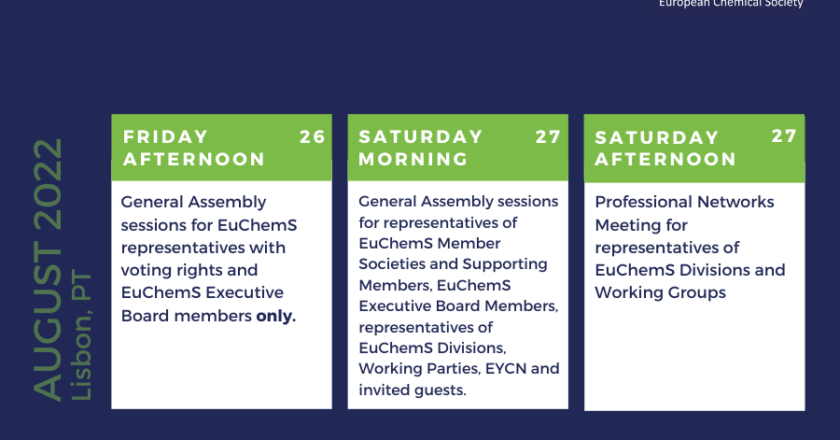
Registration open for EuChemS annual meetings in Lisbon
The annual meetings of the European Chemical Society will be held in Lisbon, during the days preceding the 8th EuChemS Chemistry Congress (ECC8). The meetings fall into three categories: the closed session of the General Assembly, the open session of the General Assembly, and the Professional Networks meeting. The closed General Assembly session is to be held on 26 August, in the afternoon, the open General Assembly session is scheduled for 27 August in the morning, and lastly, the annual meeting of the Professional Networks will be held on 27 August in the afternoon.
Registration is compulsory for attending the meetings. We invite you to register here for the General assembly sessions (both open and closed), and here for the annual meeting of the Professional Networks.
We kindly ask you to check detailed information about the meetings found here.
We’re looking forward to meeting you in Lisbon!
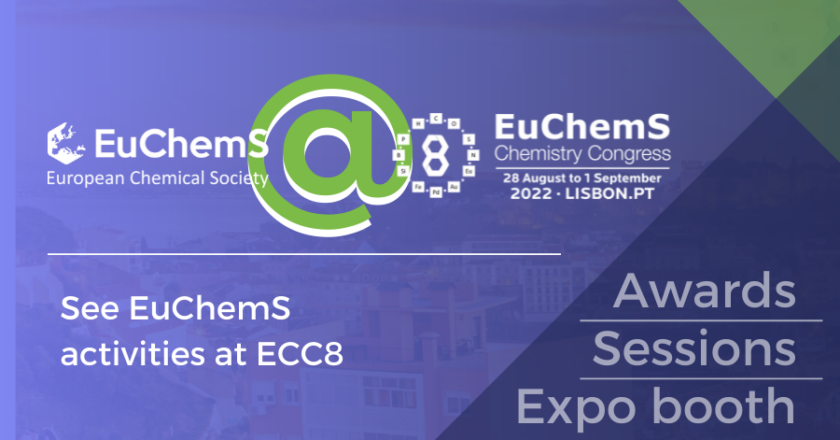
EuChemS activities at ECC8 featured on our website
As the beginning of the 8th EuChemS Chemistry Congress (ECC8) draws closer, so do the activities of the European Chemical Society at ECC8. To help those who are interested in them, we have collected all information on our awards and sessions on our website – you can take a look here.
At the opening ceremony of the ECC8 on 28 September, European Chemistry Gold Medal recipients Dame Carol Robinson and Michelle Parrinello will hold plenary talks after accepting their awards as well as 2020 and 2021 Lecture Awardees Victor Mougel and Sílvia Osuna. The recipients of the last 3 years’ EuChemS Awards for Service will also receive their honours on 1 September.
EuChemS will also host two science-policy sessions on 30 August. The panel discussion titled ‘Chemists’ contributions to the global approach for tackling pollution’ will centre around how chemistry can help the 5th UN Environment Assembly’s 14 resolutions aiming to achieve the Sustainable Development Goals, and will feature prestigious international panellists from major chemistry societies. The session ‘Culture and Policy in Science’ aims to demonstrate how natural sciences can be seen through the perspective of social and political sciences, and how understanding such a perspective can be useful for the scientific community.
Last, but not least, we are looking forward to welcoming you at the EuChemS expo booth – for more info on the booth, keep an eye on the ‘EuChemS at the ECC8’ page. We are very much looking forward to meeting you there.
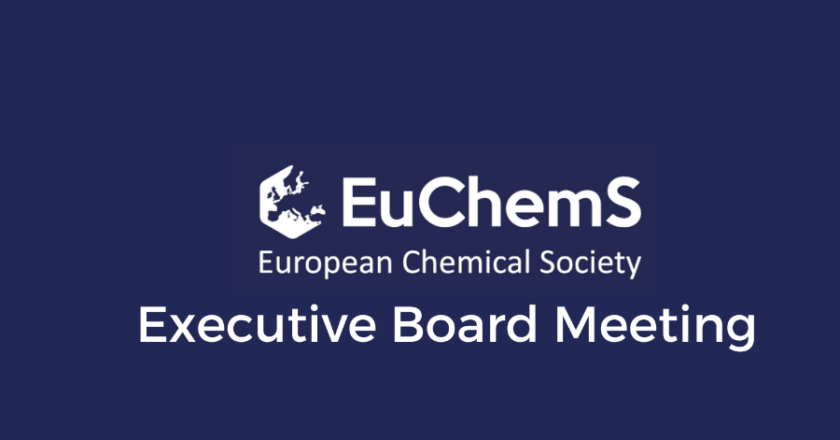
EuChemS Executive Board Meeting held on 1 June
The members of the European Chemical Society’s Executive Board met online on 1 June to discuss the future of, and the immediate issues concerning the activities of the organisation.
Decisions regarding EuChemS’ activities and governance were made in light of recent global events.
All the major conclusions made during this meeting will be communicated over the course of the following months, through different channels, such as on our website, social media channels as well as in our Brussels News Updates and Chemistry in Europe newsletters.
The next Executive Board meeting is expected to be held in October 2022.
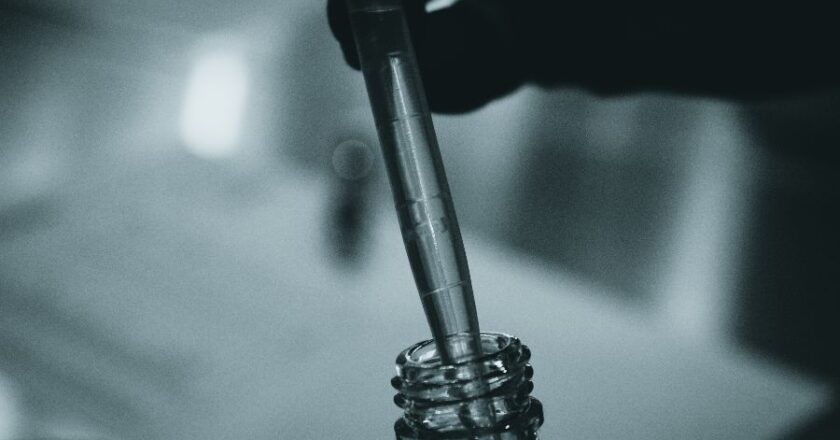
UK chemical research rated high, but international research cooperation is in trouble
The findings of the Research Excellence Framework demonstrate that the United Kingdom’s chemical research is outstandingly high quality – 45% of the UK’s academic contributions are rated ‘internationally excellent’ while 49% of them can be considered ‘world-leading’ – based on evaluations of research output impact and research environment. The area of chemistry performed slightly better than the overall average where ‘internationally excellent’ and ‘world leading’ research was 43% and 41% respectively. Tom Welton, president of the Royal society of Chemistry welcomed these results.
The bright results of the research, carried out by academics and research users, however, were overshadowed by a new UK graduate visa scheme that does not bode well for academic cooperation between the UK and the European Union. The controversial scheme allows ‘high potential individuals’ – graduates from top ranked global universities – to move to the UK even if they lack a job offer. However, it relies on metrics that “offer no meaningful measures of teaching quality” – according to Declaration on Research Assessment chair Stephen Curry. As a consequence of this, there is an overrepresentation of United States universities in the scheme, while there are only three European universities present – LMU Munich, Paris Sciences et Lettres University, and the Karolinska Institute in Sweden. In addition to minimising research traffic between Europe and UK, the new visa scheme is said to exclude the global south as well.
Scientific cooperation between European countries and Great Britain is patchy since the latter’s departure from the European Union. Amongst other issues such as the one above, one of the key challenges is dealing with the difficulties regarding the UK’s ascension into Horizon Europe – ‘Stick to Science’, an initiative that calls EU institutions to accelerate this process garnered traction in earlier this year.
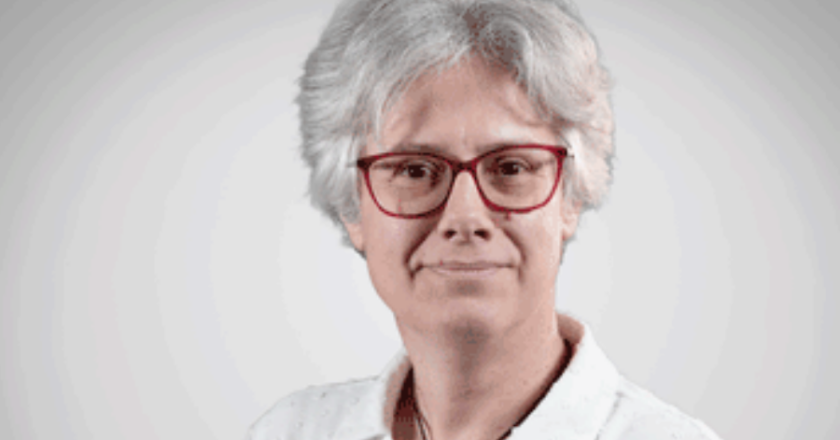
Laurence Moreau appointed as ERC’s executive agency director
Laurence Moreau is the new director of the European Research Council (ERC)’s executive agency. She holds a doctoral degree in veterinary medicine from the University of Nantes. Her previous experience involves working at the Commission’s Directorate General for Research and Innovation, the Research Executive Agency, and the Directorate General for Health and Consumer Affairs. She also has 6 years of experience at the ERC, and since the retirement of previous director Waldemar Kütt in January of this year, she is the acting director of the Executive Agency.
The Executive Agency is the implementing arm of the ERC, which means it is responsible for organisational, financial, peer-review evaluation- and strategy-implementation related matters – while the institution itself is governed by an independent scientific council which outlines said strategy.
Alongside the director, the executive agency is also managed by a 6-member steering committee, which supervises the Executive Agency’s operation. Both the director and the steering committee is appointed by the Commission, the former for a 4-year period, while the latter for 2 years.
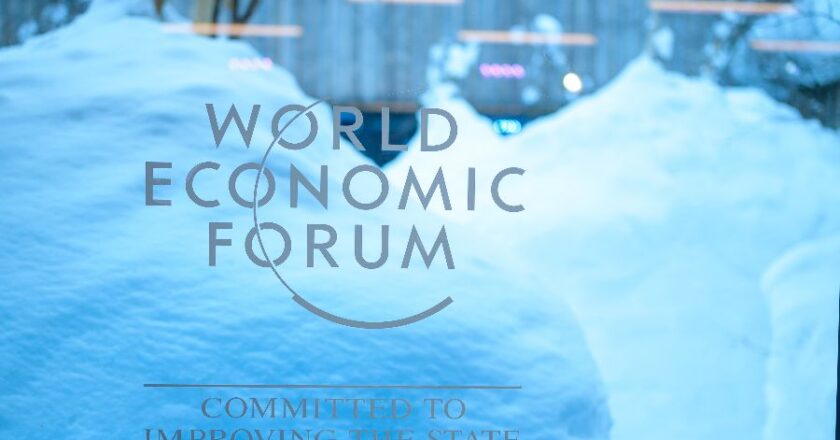
ERC president emphasizes reciprocity in international scientific openness at WEF
Maria Leptin, President of the European Research Council, participated in a discussion about maintaining global scientific collaboration at the World Economic Forum (WEF) in Davos, where she made comments highlighting that international scientific cooperation must remain reciprocal.
In her comments, she indicated that countries which undermine this reciprocity and trust by sending large amounts of graduate students to other countries, while not give research and knowledge by similar means in return risk being cut off from global scientific cooperation.
The role of science as a geopolitical soft power tool became increasingly evident in the last few months, after numerous countries and institutions cut ties with Russia following the invasion of Ukraine. ERC president Leptin’s words echo the importance of science in global politics.
However, despite the strong comments, the ERC remains committed to international research cooperation, as Leptin’s participation in and contributions at last month’s “From a European to a Global Green Deal” conference, co-organised by the STOA panel and the STS forum, show. During this international conference, she encouraged colleagues around the globe to cooperate with the ERC while emphasizing the importance of fundamental research.
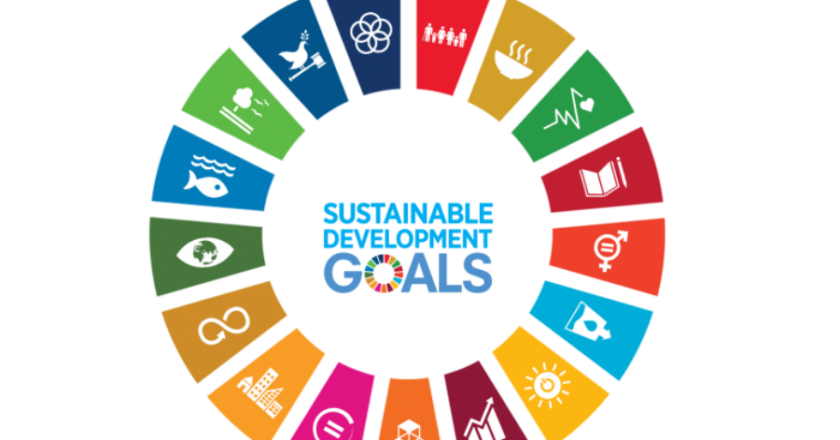
DEVE and ENVI Committees call for SDG implementation strategy
A joint report by the European Parliament Committee on Development and Committee on Environment on calling for an implementation strategy of the Sustainable Development Goals (SDGs) was adopted after passing the vote with a high majority on 2 June. The vote follows a recently released Eurostat report on the state of SDGs in Europe and an exchange with commissioner Paolo Gentiloni.
Eurostat’s report is generally favourable, as it states that in the last 5 years, progress was made towards most goals. However, it still shows that there is room for improvement and notes the influence of the energy usage reduction caused by the COVID-19 pandemic on the favourable indicators of the past two years. It also points out that progress is significant with SDGs that parallel key EU policy areas, such as the Green Deal.
The report by the committees DEVE and ENVI emphasises that, in order to meet the goals outlined in the Paris agreement, it is crucial to follow sustainable development goals as well. Therefore, it calls for a unified, high level EU strategy for the implementation of SDGs by 2030.
In addition to the SDGs, plastic pollution is also on the ENVI committee’s agenda. On 14 June, an exchange of views with Ms Inger Andersen, the Executive Director of the United Nations Environment Programme (UNEP) was held. The exchange centred around the ambition outlined at the fifth United Nations Environment Assembly (UNEA-5), aiming to complete a legally binding agreement for tackling plastic pollution by 2024.
However, the Commission also faces some criticism on the sustainability front. A recently released special report from the European Court of Auditors states that 20% of the €216 billion climate spending was ‘unduly recorded’.
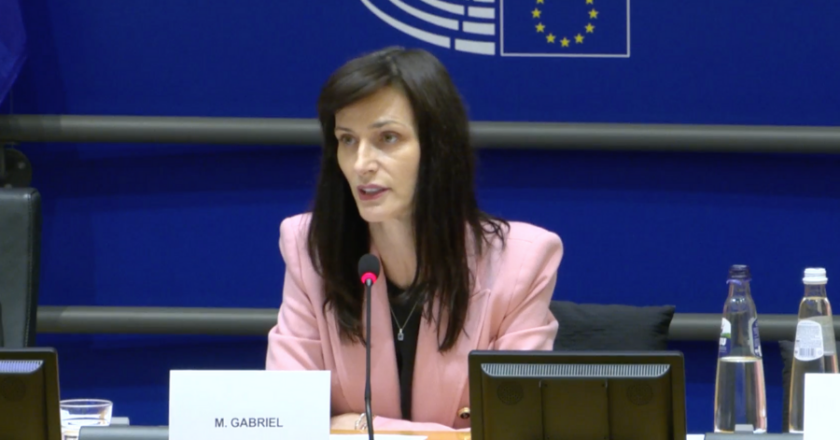
ITRE committee holds structured dialogue with Mariya Gabriel
The European Parliament’s Committee on Industry, Research and Energy (ITRE) held a structured dialogue with the Commissioner for Innovation, Research, Culture, Education and Youth Mariya Gabriel at its 13 June meeting. The meeting covered Horizon Europe’s history and achievements since its launch in 2021, with emphasis on the role of the Horizon programme as a tool to support Ukrainian scientists.
Commissioner Gabriel began her presentation by announcing Ukraine’s ratification as a member of the Horizon Europe programme, as well as Euratom, and explained other research-related support opportunities granted by the EU, such as ERA4Ukraine.
She continued by talking about the future of Horizon Europe. She confirmed an increased budget for the programme this year, mentioning that the additional funding will also support the efforts towards helping researchers in Ukraine. New programmes, such as one supporting women in technology start-ups, were also announced. She reported that expanding international partnerships beyond the borders of the EU is also amongst the future plans of the Horizon programme.
Lastly, she acknowledged the importance of academic freedom in the European Union and outlined setting up a European programme to evaluate academic freedom in the European Research Area. Following this presentation, she listened to the comments, and responded to the questions of the ITRE committee members.
The recording of the meeting can be viewed here.
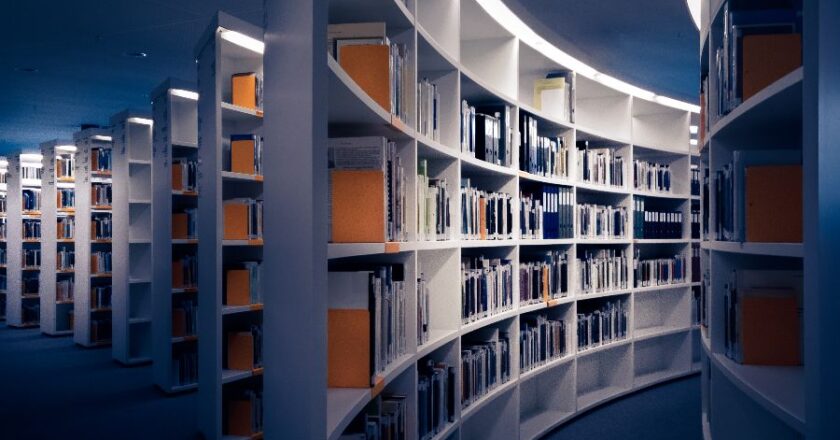
European Research Area’s research assessment reform plan nears consensus
The evaluation of research outputs within Europe may soon become simpler and more unified as the reform of research assessment within the European Research Area received backing from member states’ science ministers – albeit stressing that the versatility of research systems within the EU must be considered.
The European Commission facilitated a lengthy consultation process, involving more than 300 stakeholders (out of which 20 research organisations were part of the core group debating the details), including ISE – Initiative for Science Europe, through which EuChemS also contributed. Following the consultation, the agreement was drafted by European University Association (EUA) and Science Europe representatives, as well as former chemistry researcher Karen Stroobants.
The key points of the research assessment reform draft, according to Science/Business, entail 4 commitments: the recognition of diversity of research careers; qualitative peer-evaluation based assessment; refraining from “inappropriate uses” of publication metrics as well as refraining from relying on international rankings of research organisations in research assessment. This is to result in a widened scope of assessment, involving more than a restrictive set of qualitative metrics.
The consensus came soon after German Research Foundation (DFG) expressed its disapproval towards the centralised nature of the proposed reforms in a position paper, emphasising that reforms should stem from the institutions instead. However, after the drafting team stated that these concerns were properly addressed, and research ministers stood behind the Commission’s adoption of this reform draft, it is likely that the reforms will be underway soon.

